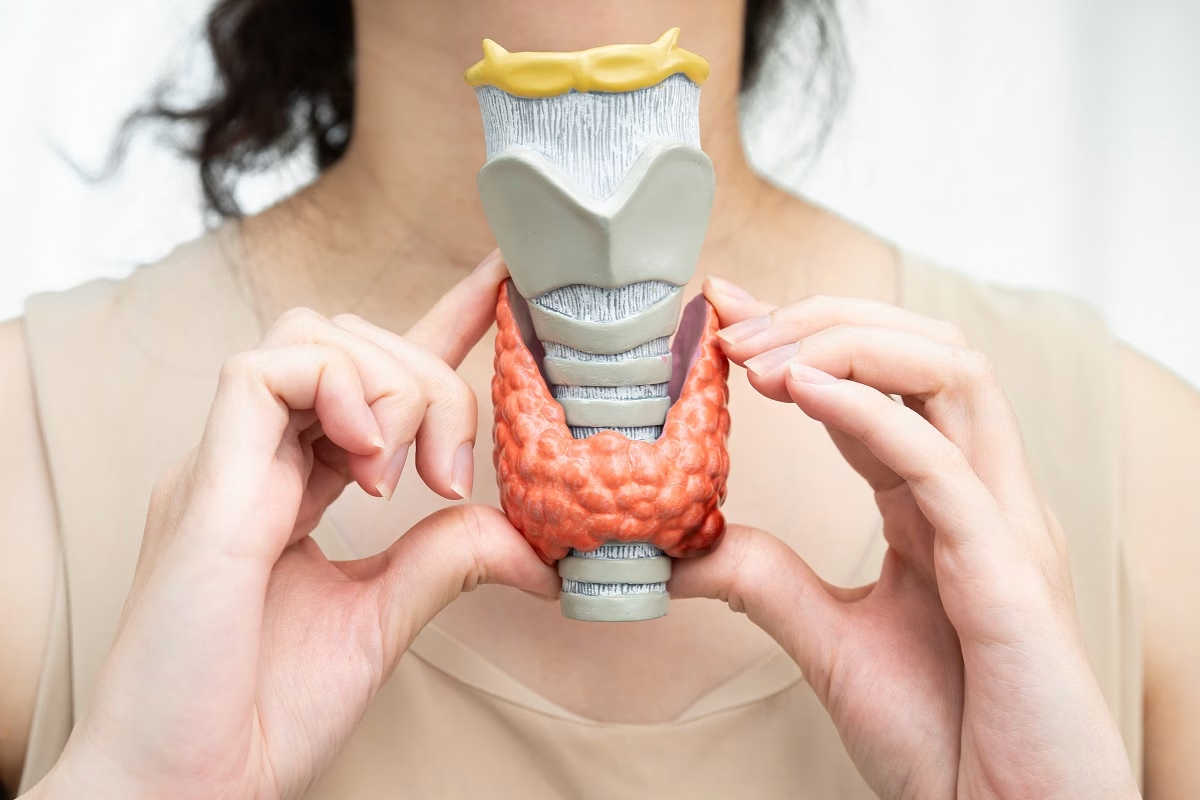A benign (noncancerous) vocal cord disorder that occurs commonly in people with a long-term history of smoking is called Reinke’s edema. The most common symptoms include a deeper voice and hoarseness. While smoking cessation may help mild forms of the condition, most people require surgery to treat it.
In other words, this condition causes swelling of the vocal cords, and it occurs when fluid builds up in the outer layer of the vocal folds. While it mostly affects people who smoke cigarettes for long periods, it may also occur in people with chronic acid reflux or multiple vocal trauma.
In general, this disorder is not serious, and usually, people experience hoarseness and a deeper voice. However, in moderate or severe cases, it may block the airways, causing breathing issues. Furthermore, Reinke’s edema does not always require treatment and often improves with smoking cessation. If you do not notice improvements after quitting smoking, you may see an otolaryngologist.
Additionally, this disorder is quite rare, affecting less than 1% of the general population. Commonly, it happens in people over 50 years old who smoke. Moreover, women are more likely to develop Reinke’s edema compared to men, according to some research. Some people may have naturally deeper voices, who often do not seek treatment because they do not notice any symptoms.
Symptoms
Usually, people with Reinke’s edema experience the following symptoms. For example:
- Hoarseness or raspiness
- Gradual deepening of the voice
- Vocal quality or loudness changes
Usually, people with this condition may notice that their voice requires more effort than usual. It may also feel tired or strained. Check below some less common symptoms that people with Reinke’s edema experience:
- Neck tightness or pain
- Inability to speak or sing
- Stridor (noisy breathing)
- Dyspnea (shortness of breath)
- Difficulty speaking softly
If any of the previous symptoms occur, do not hesitate to visit a doctor.
Causes
While the primary cause of Reinke’s edema is long-term smoking, it may also occur due to other causes. These include:
- Gastroesophageal reflux disease (GERD)
- Acid reflux
- Laryngopharyngeal reflux (LPR)
- Long-term exposure to irritants (such as chemicals)
- Voice overuse or trauma (including speaking or singing for long periods that often strains the vocal cords)
How to Prevent Reinke’s Edema?
In most cases, this condition can be prevented. You should avoid risk factors for this condition. For instance, quit smoking, manage acid reflux, or conditions that cause it, avoid prolonged use of the voice, and others. Consult with your doctor for more details.
Diagnosis
Doctors often begin the diagnosis of this disorder with a physical examination of the head and neck. They will examine your airways, mouth, throat, and thyroid for abnormalities linked to the disease. In some cases, physicians perform a laryngoscopy to visualize directly the vocal cords. They may also perform a voice analysis in which you speak into a microphone while doctors examine the voice box. To get more clues about the condition, your doctor may ask some questions about your medical history and symptoms.
Healthcare providers have divided this condition into 4 types, according to some research. For example:
- 1 – swelling of one vocal fold
- 2 – In such cases, both vocal folds are swollen
- 3 – This type of condition causes swelling of one vocal fold and a polyp-like growth on it.
- 4 – People with this type of Reinke’s edema often have swollen focal folds and polyp-like lesions on them
Treatment
In general, the goal of treatment is to improve vocal function and reduce swelling. However, doctors often prescribe different treatments because it depends on what exactly causes swelling. Check below some treatments often recommended by doctors for people with this condition:
Nonsurgical Treatment
The following treatments are often recommended when Reinke’s edema is caused by an underlying condition. For example:
- Smoking cessation – This is usually the first step in treating this condition. Moreover, in mild cases, people get better even without other treatments.
- Medicines for LPR and GERD – If you have acid reflux, doctors often prescribe H2 blockers or proton pump inhibitors. In some cases, they may also recommend nutritional changes.
- Voice therapy – This therapy is used to strengthen vocal function and improve vocal fold healing. Moreover, this treatment can be recommended along with other nonsurgical and surgical treatments.
Surgical Treatments
The following treatments are often recommended when previous options do not work. For example:
- Microlaryngoscopy – During this procedure, surgeons will remove swollen tissue from your vocal cords.
- Laser therapy – This treatment involves light energy to remove or shrink the benign growths from your vocal folds.
Furthermore, it is very important to avoid things that cause this disorder after surgery. For instance, if you continue to smoke or leave acid reflux untreated, this condition may return even after successful surgery.
Frequently Asked Questions
How long does it take to recover from Reinke’s edema treatment?
Usually, people get better within 4 to 6 weeks. Moreover, you should have a complete vocal rest for 5 to 7 days.
What causes Reinke’s edema?
This condition occurs due to fluid buildup in the vocal folds. One of the most common causes is long-term irritation and trauma that happens due to smoking and acid reflux. Sometimes, people may develop Reinke’s edema due to vocal abuse, hormonal changes, and some autoimmune disorders.
What are the symptoms of Reinke’s edema?
Those who develop this condition often experience the following symptoms. For example, hoarseness and a deeper voice. However, they may also experience other symptoms, including breathing problems, vocal quality changes, discomfort when talking or singing, and others. Ask your healthcare provider if you have any other questions.




